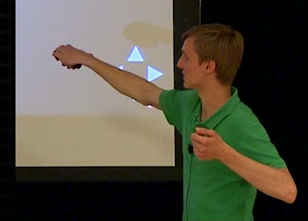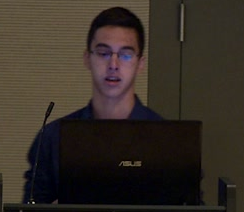N4394: PL22.16/WG21 draft agenda: 4-9 May 2015, Lenexa KS/US -- Clark Nelson
New WG21 papers are available. If you are not a committee member, please use the comments section below or the std-proposals forum for public discussion.
Document number: N4394
Date: 2015-03-12
PL22.16/WG21 draft agenda: 4-9 May 2015, Lenexa KS/US
by Clark Nelson
Excerpt:
At this meeting we will address ballot comments on the Transactional Memory PDTS (N4302), and discuss whatever comments are available on the Concepts PDTS (N4377). We also aim to bring several projects to their next ballot stage, potentially including the following:

 While we wait for CppCon 2015 in September, we’re featuring videos of some of the 100+ talks from CppCon 2014. Here is today’s feature:
While we wait for CppCon 2015 in September, we’re featuring videos of some of the 100+ talks from CppCon 2014. Here is today’s feature: While we wait for CppCon 2015 in September, we’re featuring videos of some of the 100+ talks from CppCon 2014. Here is today’s feature:
While we wait for CppCon 2015 in September, we’re featuring videos of some of the 100+ talks from CppCon 2014. Here is today’s feature: